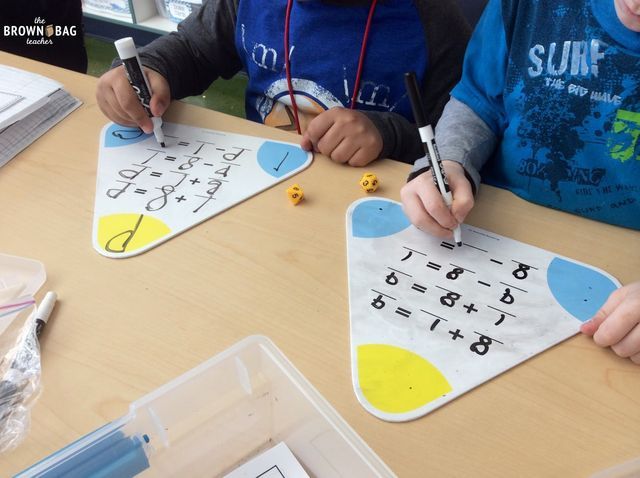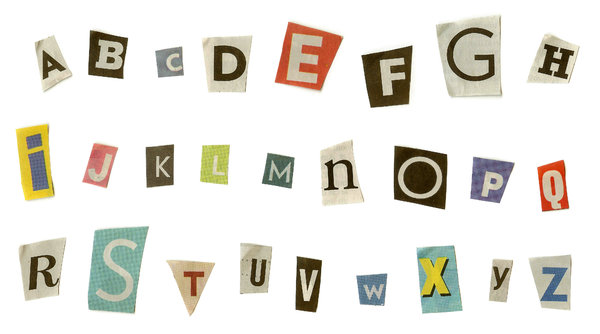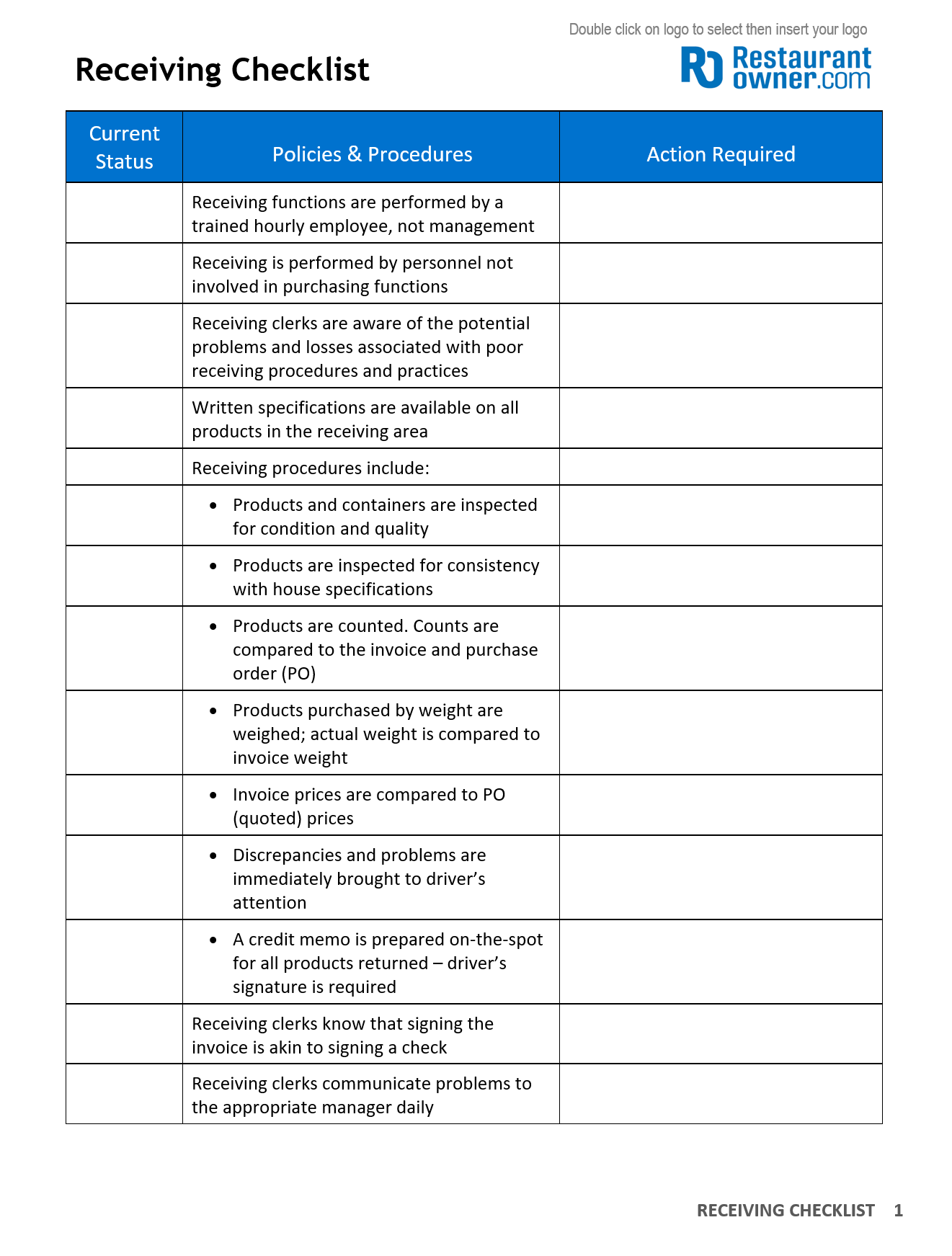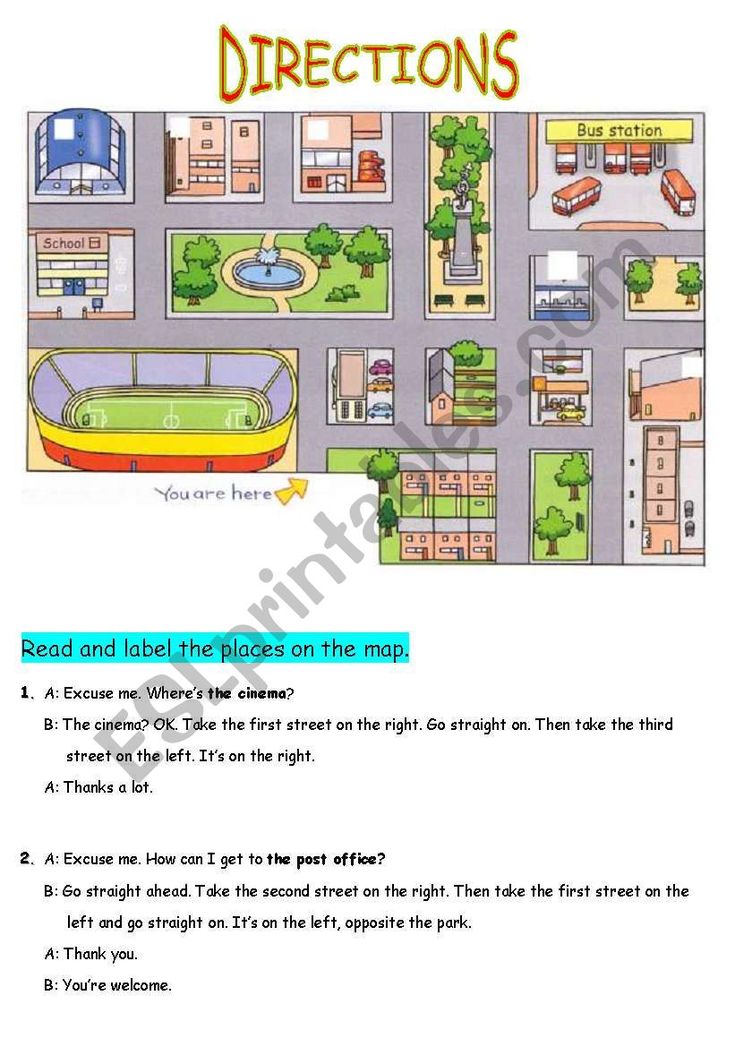Developing social skills in children
6 Ways to Improve Your Child's Social Skills
Few things can be more frustrating than watching your child struggle to
make friends or having a difficult time fitting into certain social settings.
There are several steps parents can take to improve their child's social skills.
1. Follow Their Interests
Enjoying others will come more naturally when a child is doing something they are genuinely interested in. Whether it's participating in a favorite sport, playing an instrument they like or being part of a club they're interested in, this is the first step toward building social skills. It also places a child around like-minded individuals that the child will probably feel more at ease with. While it's important to be able to socialize with those of varying interests, starting out with other kids who like the same things is an excellent way to more easily build social skills.
2. Learn to Ask Questions
Sometimes when children get nervous or a conversation lags, they may become more introverted and ultimately struggle in future social situations. According to the Center for Development & Learning there are several ways children can initiate and carry on positive conversations with others. One important way is to ask questions. The best way to find out about others and form connections is to ask questions that specifically pertain to the person the child is talking with. Encourage your child to ask questions that can't be answered with just a yes or no.
3. Practice Role Playing
Pretend-play, with both younger and older children, is a great way for kids to actively practice their social skills. LD Online gives parents practical tips for effective role-playing. Have your child pretend to be the person they have difficulty talking to or getting along with. This will give you an idea of what this person is like, or at least how your child perceives this particular person. Then switch roles to see how your child does when pretending to interact with the person. Suggest ways your child can more effectively talk with the individual. Don't forget to include body language, such as smiling and making eye contact, when advising your child.
Don't forget to include body language, such as smiling and making eye contact, when advising your child.
4. Teach Empathy
If children have a better understanding of how others feel, they are much more likely to feel connected to other people and form positive bonds. Parents suggest teaching empathy by talking about different situations and scenarios with your child. Ask how other people might feel when each of these things happen. Part of teaching empathy is to help children learn how to actively listen to others. This involves focusing on what others are saying and then thinking about what the speaker has said once the conversation is over.
5. Know Your Child's Limits
Some children are simply more social than others. A child who is shy and introverted should not be expected to interact in the same way as a child who is naturally outgoing. Some children are comfortable in large settings, while others find it easier to relate to their peers when in smaller groups.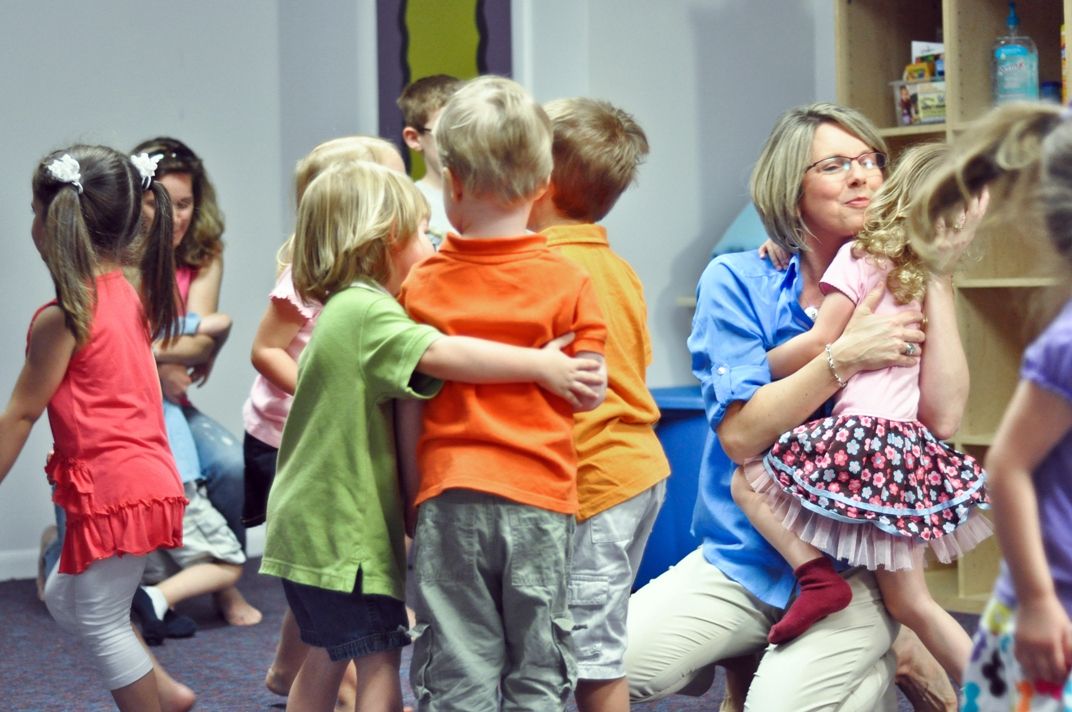 It's also important to understand a child's time limits. Younger children and those with special needs may only feel comfortable socializing for an hour or two.
It's also important to understand a child's time limits. Younger children and those with special needs may only feel comfortable socializing for an hour or two.
6. Be a Good Role Model
It's important to be consciously aware of how you interact with others when your child is watching. Are you asking questions of others and then taking the time to actively listen? Do you show genuine empathy for friends and family in your life? The Center for Parenting Education states that being an effective role model requires conscious effort and forethought. Children are constantly watching the adults in their lives.
It's important to remember that it will take time for your child to develop good social skills. Social skills are something that are developed and improved upon over a lifetime.
Contact us today to schedule an assessment. You can also view the research and results of the program on the website.
Importance of Developing Social Skills for Children
Developing social skills in children prepares them for a lifetime of healthier interactions in all aspects of life.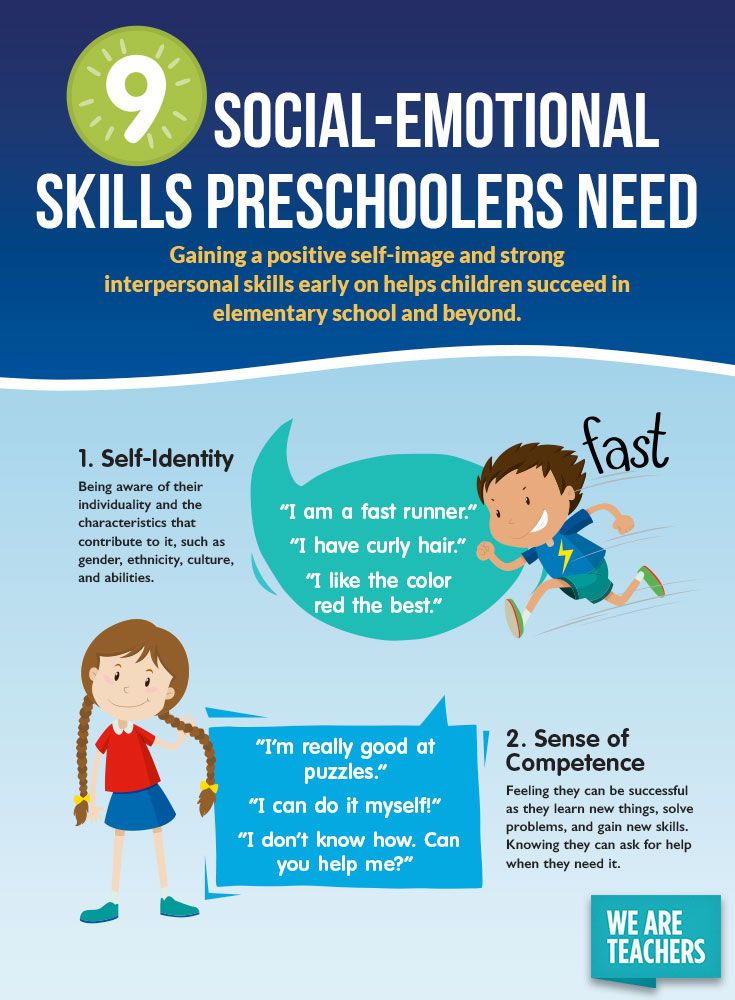 Social skills are an integral part of functioning in society. Displaying good manners, communicating effectively with others, being considerate of the feelings of others and expressing personal needs are all important components of solid social skills. Helping children to develop these important skills requires a different set of strategies in each stage of development.
Social skills are an integral part of functioning in society. Displaying good manners, communicating effectively with others, being considerate of the feelings of others and expressing personal needs are all important components of solid social skills. Helping children to develop these important skills requires a different set of strategies in each stage of development.
It seems like some children, like many adults, are more naturally socially adept than others. These are the kind of people others gravitate to and for whom making friends comes easily. Like any other skill, social skills can be learned. What is important, however, is that children are able to form meaningful bonds with others, can empathize and interact with others appropriately, and have the skills to adapt in uncomfortable situations
One can start by instilling social skills in their infants when they are very young. Babies are unable to tell you what they want directly. This means you will need to pay attention to the actions and non-verbal cues that your baby gives. When you know what your baby needs, give it to them. If that doesn’t work then you may have misinterpreted their needs, and you should try something else.
When you know what your baby needs, give it to them. If that doesn’t work then you may have misinterpreted their needs, and you should try something else.
Adults sometimes make the mistake of assuming children play just to pass the time. This is not true. In fact, children gain most of their skills through playing. This is how they explore the world around them, and it should be encouraged for them to learn new skills while playing. While your baby is exploring their world through play, they will learn new skills. It is up to you as a parent to reinforce those skills by giving your baby positive feedback. This makes your baby feel confident and secure in their development.
As they grow older, it is important to discuss feelings with your toddler, so they are able to understand and interpret feelings, of others and their own. Through your discussion of how they feel, they begin to learn words associated with those feelings and can later use those words to talk out their feelings.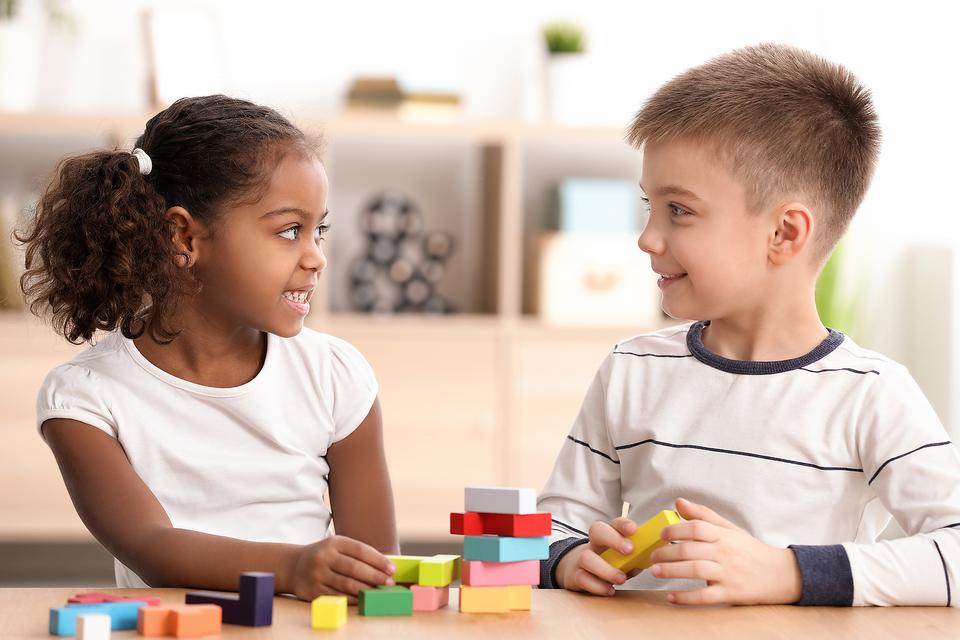 This will help them transition to talking about feelings instead of acting out their frustrations.
This will help them transition to talking about feelings instead of acting out their frustrations.
In general, children will have developed certain social skills and social cues by these ages:
2- to 3-year-olds: able to seek attention from others, initiate social contact with others both verbally (saying “Hi” and “Bye”) and physically, look at a person who’s talking, have the ability to take turns talking, and laugh at silly objects and events.
3- to 4-year-olds: are able to take turns when playing games, play with a doll or stuffed animal, and initiate verbal communication with actual words.
4- to 5-year-olds: are able to show more cooperation with children, use direct requests (like “Stop”), are more prone to chatting, and pretend play.
5- to 6-year-olds: are able to please their friends, say “I’m sorry,” “Please,” and “Thank you,” are more strategic in bargaining, play competitive games, and understand fair play and good sportsmanship.
Playdates are a crucial part of growing up. Having a playdate is a great way to introduce your child to the concept of using rules when a friend comes over and to teach him how to be polite to guests. You can go over all the different things the children can do together, and then have your child offer his guest three activities to pick from. You can have them take turns picking activities. This will help avoid disagreements and teach them about compromising.
The following strategies can help enhance your child’s social development further:
Teach empathy: Run through different scenarios by asking your child how other people might feel when certain things happen, and substitute different situations each time.
Explain personal space: Tell your child that it is important for everyone to have some personal space to feel comfortable, and practice acceptable ways to interact with someone during playtime.
Practice social overtures: Teach kids the proper way to start a conversation, get someone’s attention, or join a group of children who are already playing together.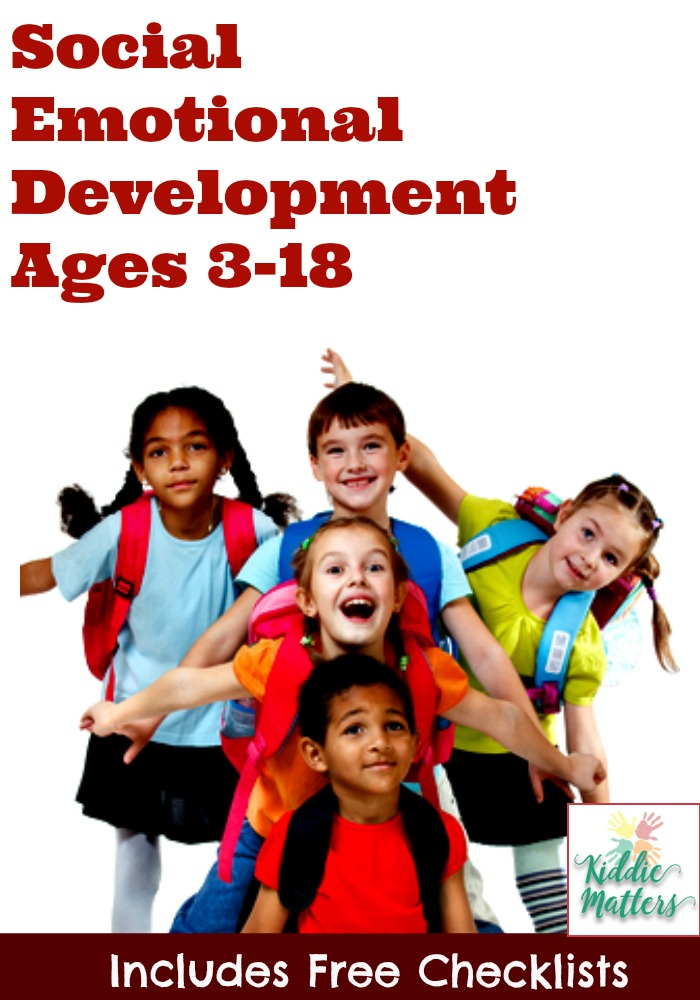 These are all situations that can be discussed and brainstormed at the dinner table, or in the car on the way to school or activities.
These are all situations that can be discussed and brainstormed at the dinner table, or in the car on the way to school or activities.
Go over taking turns: Sit with your child for at least an hour a day and play with him to explain what it means to wait, take turns, and share.
In order to build gratifying human relationships, it is vital that children learn and have the opportunity to practice the social skills considered appropriate by society. It is important to teach children to conduct themselves in ways that allow them to develop relationships with other people.
As most children grow older, they interact more and more with people in situations where direct supervision by parents is not possible. Drawing from what they have learned at home and school about socializing, children make friends within their peer group and soon learn more about socializing, hopefully refining their social skills as they grow and mature. These friendships are important for all children to develop. Friends serve central functions for children that parents do not, and they play a crucial role in shaping children’s social skills and their sense of identity.
Friends serve central functions for children that parents do not, and they play a crucial role in shaping children’s social skills and their sense of identity.
Get EPC's Weekly Blog Post in Your In-Box
Get the latest content first.
We respect your privacy.
Social skills of preschoolers - the development of social skills in children
The development of social skills is a necessary point of education. A child with a high degree of socialization will quickly get used to kindergarten, school, any new team; in the future will easily find a job. Social skills have a positive effect on interpersonal relationships - friendship, the ability to cooperate.
Let's figure out what social skills are.
What are social skills and why develop them?
Social skills - a group of skills, abilities that are formed during the interaction of a person with society and affect the quality of communication with people.
Man is a social being: all our talents and aspirations are realized thanks to other members of the group. Others evaluate our actions, approve or condemn our behavior. It is difficult to reach the pinnacle of self-actualization alone.
Others evaluate our actions, approve or condemn our behavior. It is difficult to reach the pinnacle of self-actualization alone.
That is why social skills are important. They should be developed from early childhood and honed throughout life.
Social skills are a reflection of the child's emotional intelligence, to which educators and teachers assign an important role in the process of personality development. Without this group of skills, a smart child will not be able to apply the acquired knowledge in practice: it is not enough to create something outstanding, you need to be able to correctly convey thoughts to the public.
Sometimes people mistakenly believe that social skills relate exclusively to the topic of communication, communication. In fact, skills include many multidirectional aspects: an adequate perception of one's own individuality, the ability to empathize, work in a team, etc.
Why do we need social skills?
- Regulate the area of interpersonal relationships: the child easily makes new friends, finds like-minded people.

- Minimize psychological stress: children with developed social skills quickly adapt, do not feel sad due to changes in external circumstances.
- They form an adequate self-esteem from childhood, which positively affects life achievements and development in adulthood.
- Social skills cannot be separated from building a successful career: the best specialists must not only understand the profession, but also have high emotional intelligence.
Development of social skills in a child
Social skills need to be developed from preschool age, but older children and even teenagers may well learn to interact with the world.
It is recommended to pay attention to areas of life that bring discomfort to the child, significantly complicate everyday life.
- Friends, interesting interlocutors: the kid does not know how to join the team, he prefers to sit in the corner while the others play.
- Verbal difficulties. The child does not understand the rules of conversation, is poorly versed in the formulas of etiquette (when you need to say hello, say goodbye, offer help).

- Problems with the non-verbal side of communication. Such a baby does not recognize the shades of emotions, it is difficult to understand how others relate to him. Cannot "read" faces and gestures.
- Does not know the measure in expressing a point of view: too passive or, conversely, aggressive.
- The child bullies classmates (participates in bullying) or is a victim.
In case of severe moral trauma, one should consult a psychologist: for example, school bullying is a complex problem that children are not able to cope with on their own. The involvement of parents and teachers is required.
In other cases, family members may well be able to help the child develop social skills.
What are the general recommendations?
1. Be patient
Don't push your child to get the job done. Let them take the initiative: for example, do not rush to help during school gatherings, let the baby work on the problem on his own.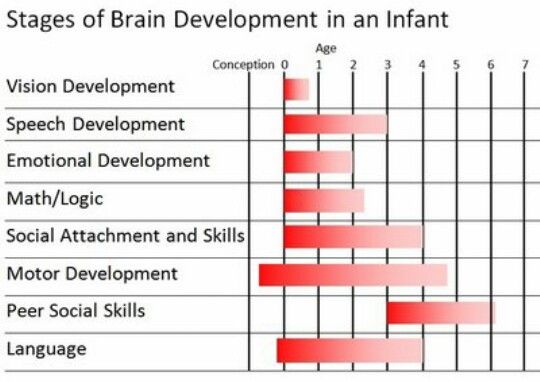 The same goes for lessons and other activities.
The same goes for lessons and other activities.
2. Support undertakings
Children's dreams seem trifling to adults, but the initiative turns into a habit over the years and helps to discover new projects, meet people, and experiment.
3. Criticize the right way
When making negative comments, remember the golden rule of criticism: analyze the work, highlighting both positive and negative sides in a polite manner. Commenting on the specific actions of the child, and not his personality or appearance - this will lead to problems with self-esteem.
4. The right to choose
It is important for children to feel that their voice is taken into account and influences the course of events. Invite your child to personally choose clothes, books, cartoons. Ask about ideas, plans: “We are going to have a rest together at the weekend. What are your suggestions?
5. Personal space
Make sure that the baby has a place where he can be alone and take a break from talking.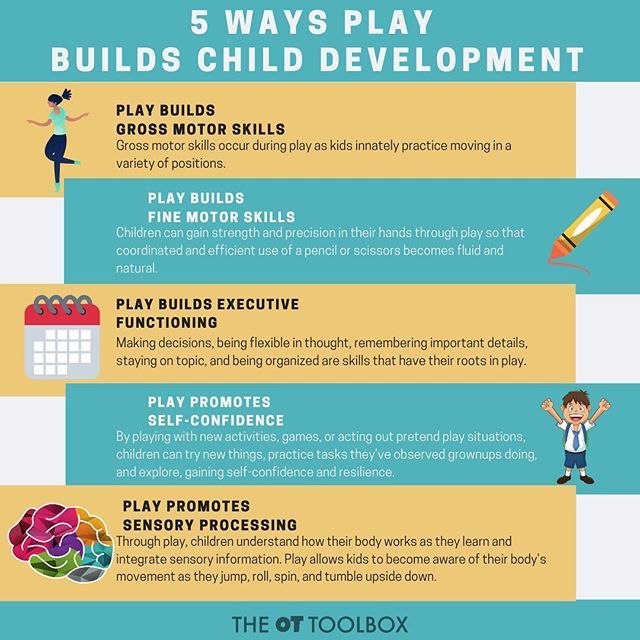 Personal things should not be touched: rearrange without prior discussion, read correspondence with friends, check pockets, etc.
Personal things should not be touched: rearrange without prior discussion, read correspondence with friends, check pockets, etc.
Children, noticing the respectful attitude of adults, quickly begin to pay in the same coin; the atmosphere in the family becomes warm and trusting.
What social skills should be developed in a child?
Let's dwell on the main qualities and skills, the development of which is worth paying attention to.
1. The ability to ask, accept and provide help
Without the ability to ask for help, the child will deprive himself of valuable advice; the lack of the ability to accept help will lead to losses, and the inability to provide help will make the baby self-centered.
- Let the child help those in need: for example, a lagging classmate.
- Explain to your child that getting help from friends and teachers is not a shame.
- Show by personal example that mutual help enriches experience: tell how you exchange advice with colleagues, friends.
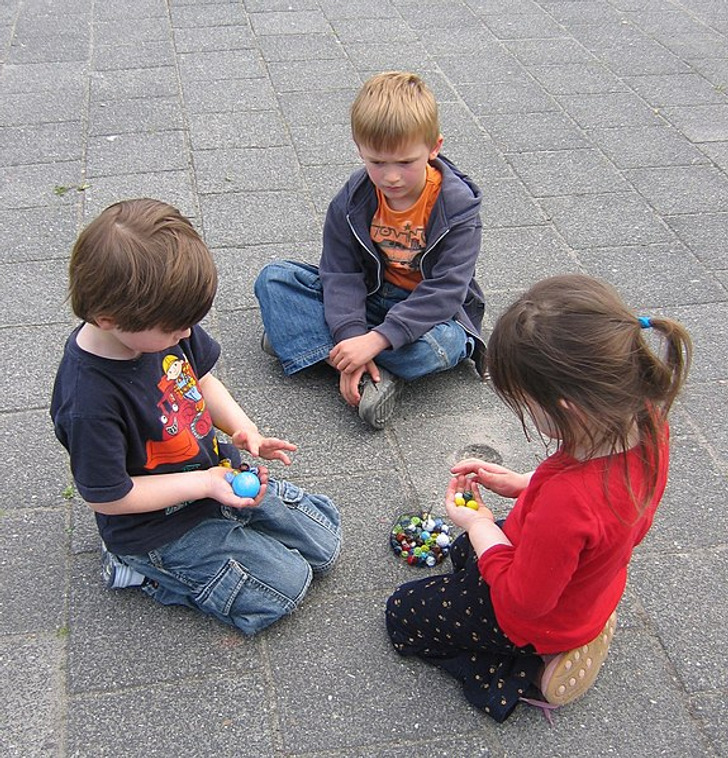
2. The ability to conduct a conversation and get the right information
Being a good conversationalist is difficult, but the skill is honed over time and brings a lot of benefits.
- Prompt your child for dialogue development options: for example, you can start a conversation with a relevant question, a request for help.
- Do not leave the child in the role of a silent listener: when discussing pressing issues at home, ask the opinion of the baby.
- Support children's public speaking: presentations at school, performances, funny stories surrounded by loved ones will add confidence.
3. Empathy
Empathy is the ability to recognize the emotions of others, put yourself in the place of another person, empathize.
This ability will make the child humane, prudent. How can it be developed?
- Start by recognizing the child's feelings - it is useless to listen to people if the person does not feel personal experiences.
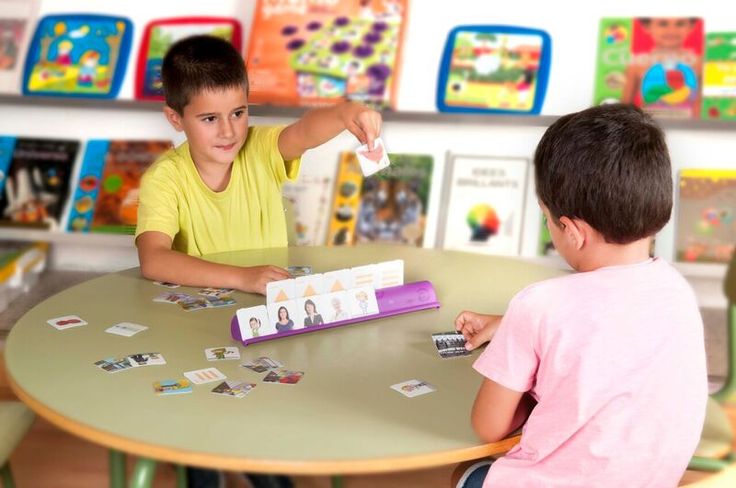 Ask your baby: “How do you feel after a quarrel with friends?”, “Do you want to relax today?”
Ask your baby: “How do you feel after a quarrel with friends?”, “Do you want to relax today?” - After conflicts with classmates, ask your child how the children with whom the quarrel may feel now.
- While watching cartoons, reading books, pay your child's attention to the emotional state of the characters.
4. Ability to work in a team
Many children can easily cope with tasks alone, but this is not a reason to refuse to work in a team. It gives the opportunity to exchange ideas and experience, delegate tasks, achieve goals faster and more efficiently.
- If the child does not communicate with members of the team, try to introduce him to another social group: for example, the lack of communication with classmates can be compensated by a circle of interests, where the child will feel calmer.
- Make the family a friendly team in which the child has his own "duties": for example, do housework, remind parents of upcoming events.
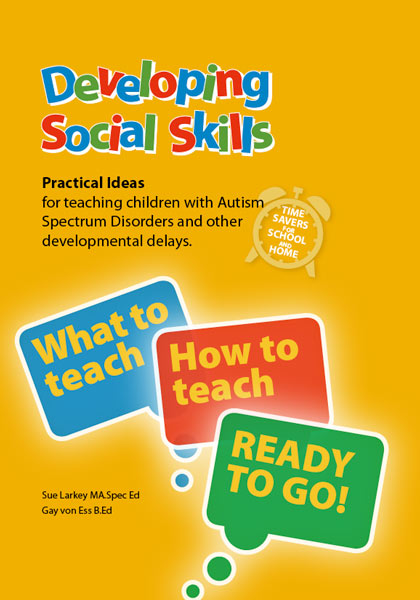 Any activity related to the well-being of other family members will do.
Any activity related to the well-being of other family members will do.
5. Respect for personal boundaries
The absence of an obsessive desire to interfere in other people's lives is a valuable skill that helps to win people's sympathy.
- Respect the child's personal boundaries: do not enter the nursery unannounced, do not rummage through personal belongings and correspondence, if the matter does not concern the life and safety of the baby.
- If the child violates other people's boundaries (takes toys without permission, asks uncomfortable questions), talk about it in private.
6. Ability to overcome conflict situations
It is difficult to imagine our life without conflicts. The task of the child is to learn how to culturally enter into a discussion, defend his point of view, and not be led by the provocations of his interlocutors.
- Discuss problems that arise calmly, without raising your voice. Do not put pressure on the child with parental authority unnecessarily: the child is a separate person who has the right to an opinion.
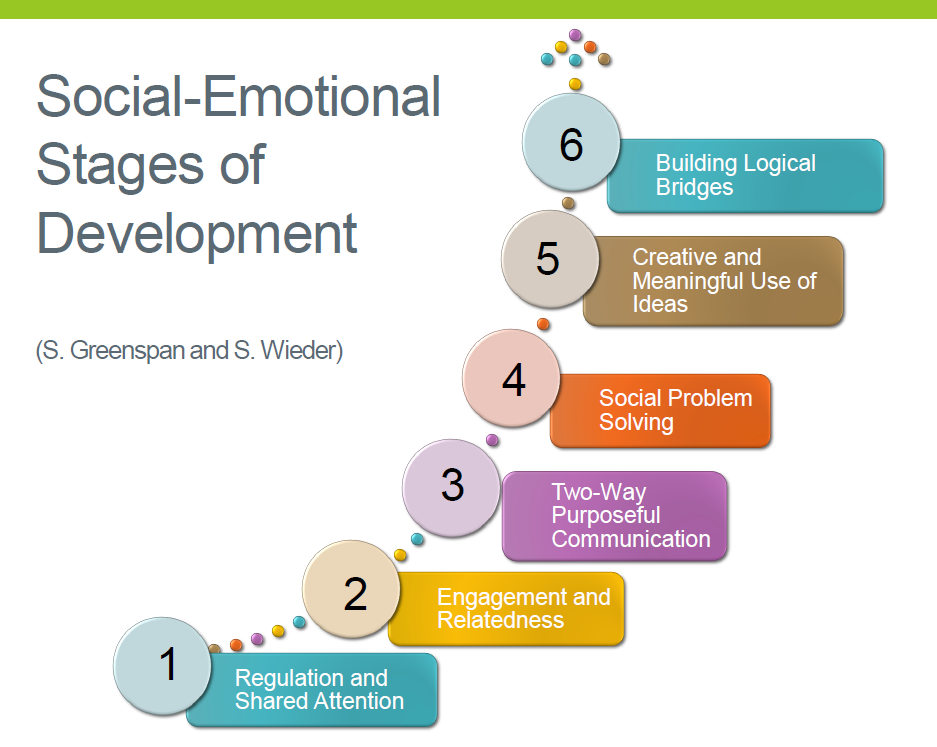
- Do not judge people for views that differ from those of your family but do not affect your well-being. Show your child that the world is very different.
- You can demonstrate to children the basics of a civilized dispute, explain what arguments are, etc. It is advisable to teach this child in kindergarten.
7. Self-confidence
Stable and adequate self-esteem is a quality that not all adults possess.
It is formed under the influence of many factors: relationships between parents, the role of the child in the family circle, the characteristics of the environment that surrounded the child in early childhood.
It is important that the child does not grow up to be either a narcissistic narcissist with fragile self-esteem, or an overly shy person. How can you help your child find balance?
- Praise your child for personal progress: to receive a compliment from parents, it is not necessary to win prizes in school competitions.
 The zeal of the baby, the interest shown and the stamina also deserve praise.
The zeal of the baby, the interest shown and the stamina also deserve praise. - Explain, remind the children that initially they are worthy of respect and love, like all people around.
Social skills will help in many areas of life: in studies, hobbies, friendships, building a reputation in a team. The main thing is to encourage and support children at all stages.
Emotional intelligence for children
We introduce children to the types of emotions, how to manage them and how to express themselves in teamwork, through situational games
learn more
Development of social skills in children
Development of social skills in children prepares them for favorable interaction in all areas of life. Social skills are an essential part of functioning in society. Demonstrating good manners, communicating effectively with others, being sensitive to the feelings of others, and expressing personal needs are very important components of basic social skills. Helping children develop these important skills requires a range of strategies at each stage of development.
Helping children develop these important skills requires a range of strategies at each stage of development.
Steps to develop social skills :
1. Demonstrate social skills to children. Babies enjoy social interaction, which is expressed by their smiles and coos. At this stage, children are aware only of their needs and desires.
Talk to babies . When they cry and make sounds, answer them in your own language. This encourages children to try to talk to you
Encourage them to be considerate of others. By responding to their cries and needs, you teach children to be considerate of the needs of others. Show attention and love. Kissing and hugging are essential for the social development of children. These are the basic needs at this stage of development and one should not think that excessive attention will only spoil the baby. Be calm with children. A crying baby who has kept you up all night may disappoint you. However, exhaling and calming down before taking the child in your arms, you thereby simulate the harmony of the social environment.
2. Help little ones to respect people and their things. In the infancy stage, babies can say some words and sentences. They tend to play alone and dislike sharing their toys with others. Create a social environment at home. Invite your friends who have children so that the baby gets used to the company of adults and children. Teach toddlers the basics: share toys, touch people and pets gently. Reward good behavior. When toddlers show gentleness and share their toys, praise them.
3. Help preschoolers to expand their circle of friends. Preschoolers can already verbalize their feelings and should be encouraged to make friends with other children. Organize social activities for preschoolers. To enhance your preschooler's social interaction, host parties at home. Visit and invite your neighbors who have children. Teach preschoolers to use their words, not fists. Explain why this is important. Pay attention to how the offended person feels in a fight is child , and teach preschoolers to apologize if they hurt another child.

